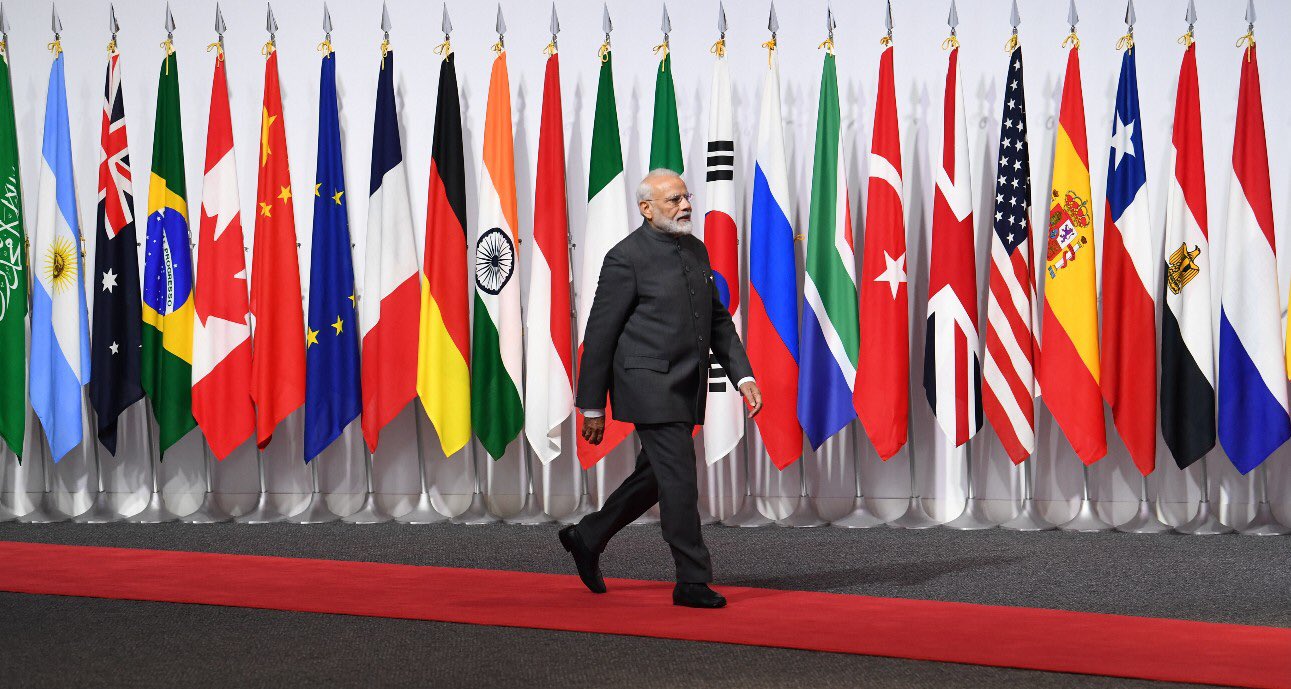India’s controversial choice to host the G20 tourism meeting in Jammu and Kashmir has sparked international criticism and raised geopolitical tensions. Despite facing objections and potential boycotts, India remains resolute in its decision, aiming to assert its global leadership.
Srinagar, located in the disputed region of Jammu and Kashmir, has been selected as the venue for the tourism meeting. This decision is significant as it marks a major international event taking place in this contested area since India’s reorganization of the region in 2019.
China has been particularly vocal in opposing India’s move, reflecting broader political tensions between the two countries, especially concerning the disputed Ladakh region. Ongoing border disputes and military standoffs add to the strained relationship between these nuclear powers.
China’s opposition is not isolated, as other countries such as Saudi Arabia, Egypt, and Turkey are expected to boycott the event, highlighting the geopolitical challenges India faces in hosting the meeting.
Jammu and Kashmir has long been a hotspot for territorial disputes between India and Pakistan, both possessing nuclear weapons. The Line of Control serves as a de facto border, emphasizing the volatile nature of the region.

India argues that the revocation of Kashmir’s special status was aimed at ensuring equal rights for all citizens and fostering economic development. The G20 meeting in Kashmir is seen as an opportunity to showcase the region’s tourism potential and demonstrate stability and normalcy.
However, the United Nations Special Rapporteur on Minority Issues accuses India of using the G20 meeting to normalize a military operation. India vehemently denies these allegations, considering them baseless.
As the world’s largest democracy and the current G20 presidency, India is eager to assert its global leadership. The decision to host the G20 meeting in Srinagar reflects this ambition, aiming to drive economic growth, preserve cultural heritage, and promote sustainable development.
Domestically, the event is heavily promoted, featuring billboards with Prime Minister Narendra Modi’s image across the country, underscoring its significance as India’s most celebrated event of the year.
Hosting the G20 meeting in Srinagar represents a crucial moment in India’s geopolitical strategy. The outcomes and international reactions will have far-reaching implications for India’s global standing, representing a gamble that could either enhance its reputation or further escalate tensions. Ultimately, it signifies an essential chapter in India’s evolving role in global politics.
©world-news.biz
